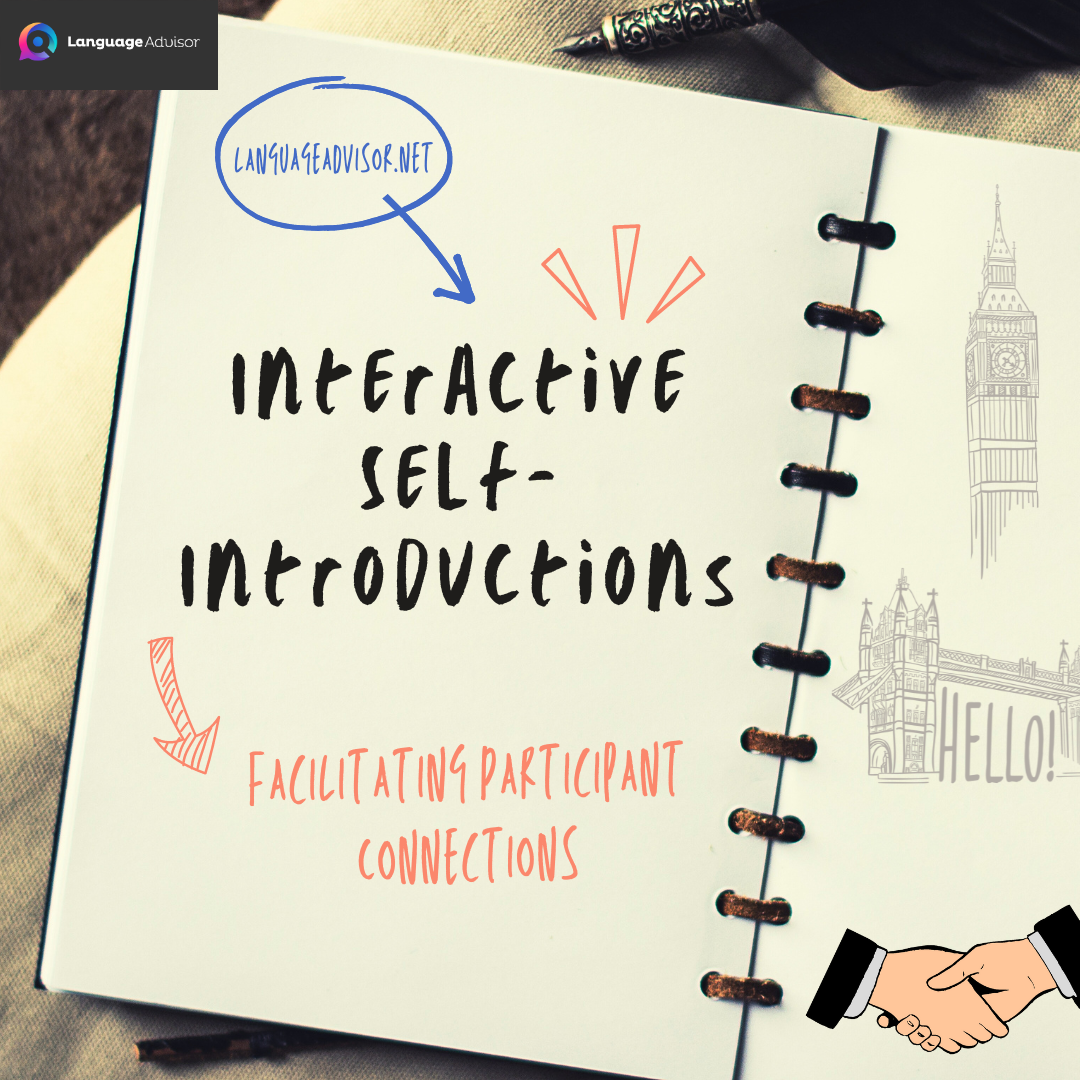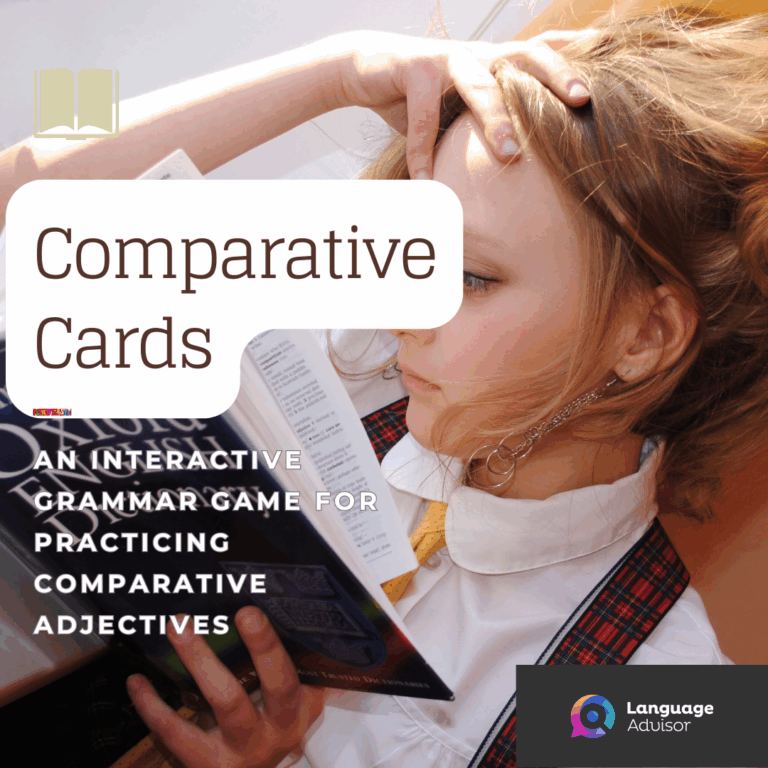Facilitating Participant Connections: Interactive Self-Introductions
Facilitating Participant Connections: Interactive Self-Introductions

Boost Language Skills: Effective ESL Activities for Adult Learners
Expanding the cultural perspectives of adults poses unique challenges compared to working with children. Fortunately, linguistic barriers are likely to be less prominent, given that the adults you engage with probably possess better English skills. However, the real obstacle lies in dismantling a lifetime of influences that often emphasize the perceived differences between Japanese culture and all other ethnicities, languages, and cultures.
Addressing these deeply ingrained beliefs requires patience, creativity, and a sense of humor. You’re essentially countering several decades of influence with your own life experiences and understanding of our shared humanity. In the analogy of planting seeds for cross-cultural education, you might only be “soaking the seed” to make germination easier. It might take several generations for the first shoots to appear above ground, and it’s crucial to recognize that your contribution may not be fully evident during your tenure.
The activity that follow offer a compilation of cross-cultural activities, tailored to adults and children alike, providing a versatile toolkit for fostering cultural understanding in diverse settings.

Facilitating Participant Connections: Interactive Self-Introductions
Facilitating Participant Connections: Interactive Self-Introductions
Facilitating Participant Connections: Interactive Self-Introductions
- Introduction Bingo
- Enhance group dynamics with Introduction Bingo. Create bingo cards with unique categories like “Has been to karaoke in the last seven days” or “Can say Thank You in Chinese.” Participants find someone fitting each category, writing names on the card. Foster engagement by joining in and having your own card.
- Introduction Taikai
- Encourage mingling with Introduction “Taikai.” Participants stand, introducing themselves to as many people as possible within a set time. Afterward, assess how far they are from their original seat, promoting movement and interaction. Useful for energizing participants and creating awareness of their surroundings.
- Questionnaire Groups
- Boost group communication with a questionnaire. Provide each group with questions about their city, culinary skills, or name characters. Encourage discussion within groups and facilitate report-back sessions. Include consensus-building questions to stimulate group interaction, such as choosing the most useful second language in the 21st Century.
- Interview Activity
- Foster personal connections with paired interviews. Participants inquire about workplaces, hobbies, and job preferences. Each person introduces their partner to the group, promoting interaction and sharing personal insights.
- Small Group Interaction
- Elevate introductions with Meishi cards. Participants create A4-size business cards, using them as guides for self-introductions. Incorporate thought-provoking items, like sharing views on Japan’s increasing internationalization, to stimulate meaningful conversations within pairs or small groups.

Also check out these English ESL activities for adults

Did you find this article useful? If you have additional ideas, share them in the comments section below












